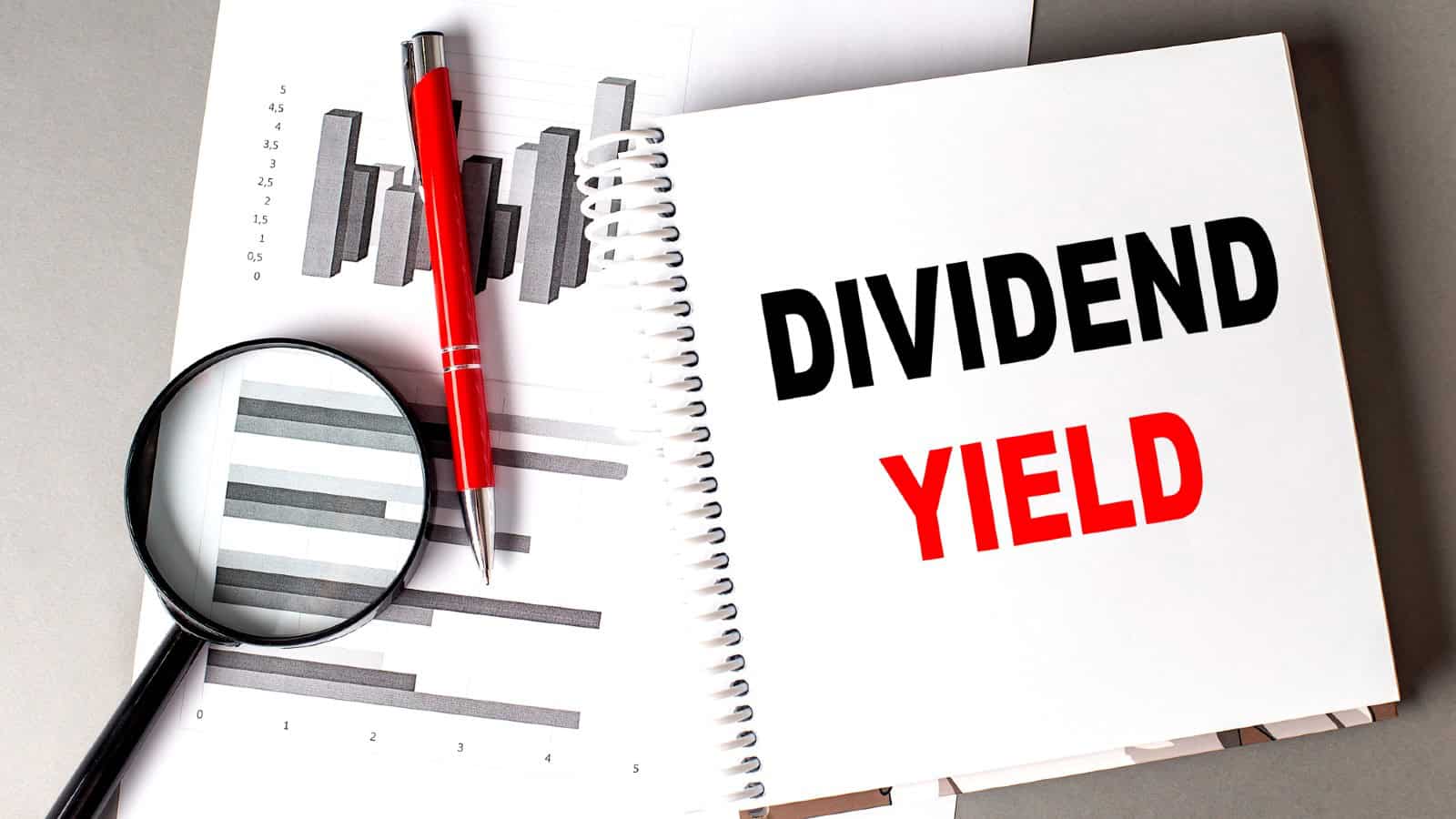Time for me to add this 10.1%-yielding FTSE energy giant to my passive income portfolio?


My passive income portfolio is comprised of FTSE stocks that share three key qualities.
First, they all generated a dividend yield of at least 7% when I bought them. This is more than 2% above the current ârisk-free rateâ (the 10-year UK government bond yield).
I see this as compensation for taking on the additional risk of investing in shares.
Second, they were all at least 30% underpriced to their âfair valueâ at the time of purchase. To clarify: price is whatever the market will pay for a stock, while value reflects underlying business fundamentals.
Exploiting the price-to-valuation gap is the key to making big long-term profits, in my experience.
And third, they all had strong earnings growth prospects when purchased.
This is important because it is growth here that ultimately powers any firmâs stock price and dividends higher over time.
I am a big fan of passive income, as it is money made with minimal effort. And aged over 50 now, I want to use it to allow me to keep reducing my working commitments.
Harbour Energy (LSE: HBR) was recently flagged by my personal stock screener as a possible candidate.
Does it meet the three criteria?
On the first point, it more than meets my 7%+ dividend yield requirement, with a stunning 10.1% payout. By contrast, the present average FTSE 100 yield is 3.3% and the FTSE 250âs is 3.5%. The risk-free rate is also well behind at 4.7%.
Harbour Energyâs 2024 yield was based on the 26-cent total dividend, fixed at a sterling equivalent of 20.2p.
Analystsâ forecasts are that the dividend yield will increase to 10.4% next year and remain there in 2027.
On the second criterion, Harbour Energy is 69% undervalued, according to the discounted cash flow model. This is the best way I have found of determining the fair value of any stock.
It clearly identifies the price at which any share should trade, based on cash flow forecasts for the underlying business.
Therefore, at a current price of £2, its fair value is £6.45.
And finally, its earnings growth is forecast by analysts to be a stunning 31.4% a year to end-2027. A risk here is a long bearish trend in oil and gas prices.
However, in its H1 2025 results, its revenue soared 179% to $5.3bn, and its free cash flow rocketed from $0.38bn to $1.36bn.
Meanwhile, adjusted profit after tax jumped 300% to $0.4bn. This followed the successful integration of leading European independent oil and gas company Wintershall Deaâs portfolio over H1.
How much passive income can be made?
Investors considering a holding of £20,000 would make £34,680 in dividends after 10 years. This would rise to £388,729 after 30 years (assuming no adverse effects on the dividend, which is not guaranteed).
Adding the initial £20,000 would give a total value to the holding of £408,729.
And this would pay a yearly passive income of £41,282.
These figures are based on the current dividend yield and on the dividends being reinvested back into the stock.
I already have two energy stocks (Shell and BP), so buying another would unbalance my portfolio.
That said, I am seriously considering selling one of them to add Harbour Energy and think it well worth the attention of other investors too.
The post Time for me to add this 10.1%-yielding FTSE energy giant to my passive income portfolio? appeared first on The Motley Fool UK.
Should you invest £1,000 in Harbour Energy plc right now?
When investing expert Mark Rogers has a stock tip, it can pay to listen. After all, the flagship Motley Fool Share Advisor newsletter he has run for nearly a decade has provided thousands of paying members with top stock recommendations from the UK and US markets.
And right now, Mark thinks there are 6 standout stocks that investors should consider buying. Want to see if Harbour Energy plc made the list?
More reading
- Is it time to consider making my SIPP greener?
- Is this 10%+ dividend forecast for a volatile energy stock too good to be true?
Simon Watkins has positions in Bp P.l.c. and Shell Plc. The Motley Fool UK has no position in any of the shares mentioned. Views expressed on the companies mentioned in this article are those of the writer and therefore may differ from the official recommendations we make in our subscription services such as Share Advisor, Hidden Winners and Pro. Here at The Motley Fool we believe that considering a diverse range of insights makes us better investors.





